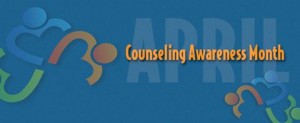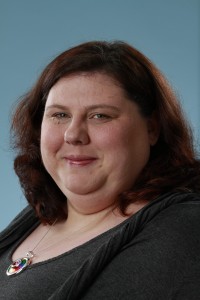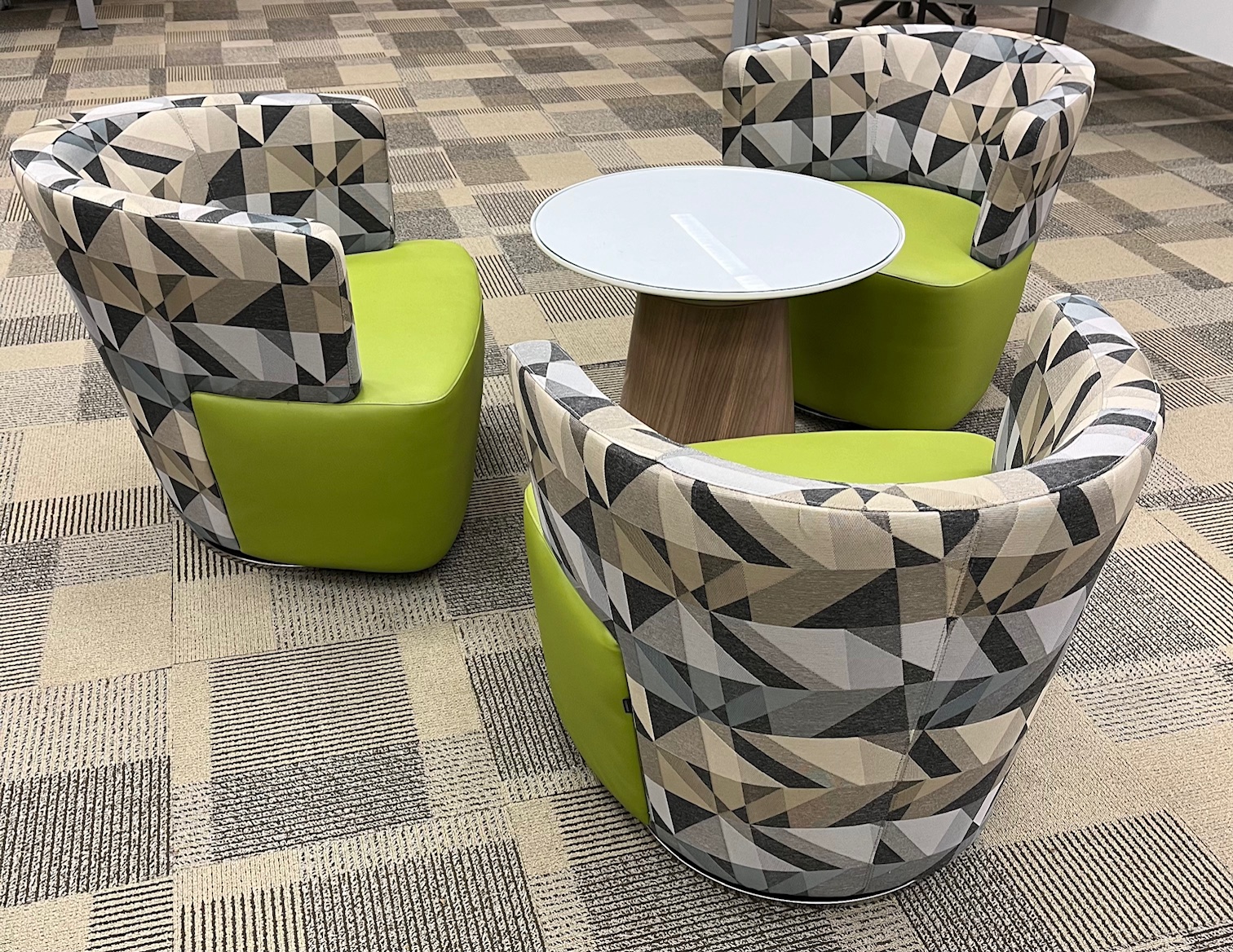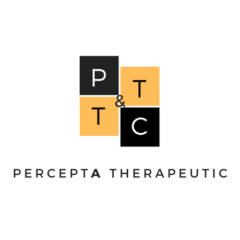
In keeping with our Counseling Awareness Month theme, particularly, our ongoing effort to educate the public about several areas of professional counseling, and the contributions of professional counselors nationwide; today, it is with the greatest honor and privilege that I introduce to you, Michelle E. Wade, Ed.D., LCPC, LPC, NCC, ACS. Please join me in welcoming her, as she guest posts for us today.

If you are a member of the American Counseling Association (ACA), then Dr. Wade is no stranger to you. Dr. Wade is an active member of the ACA, and has contributed immensely, in many ways, to the field of professional counseling and counselor education.
Dr. Wade has a Doctorate of Education in Counselor Education and Supervision (Ed.D); is a Licensed Clinical Professional Counselor (LCPC-Maryland); a Licensed Professional Counselor (LPC-VA); a Nationally Certified Counselor (NCC); and an Approved Clinical Supervisor (ACS).
Today, Dr. Wade shares her expertise about The Future of Counseling, particularly the role of technology in counseling:
Counseling 2.0 – The Future of Counseling
By Michelle E. Wade, Ed.D., L.C.P.C., L.P.C., N.C.C., A.C.S.
The American Counseling Association (ACA) (Kaplan, Tarvydas, & Gladding, 2013) defines counseling as “a professional relationship that empowers diverse individuals, families, and groups to accomplish mental health, wellness, education, and career goals” (p. 2). In the 21st century, the way that professional relationship is established is no longer necessarily depicted as a client in the opposite chair from the counselor. Rather, counseling can now be conducted over vast distances and the counselor-client relationship can be developed and maintained outside of the therapy room.
Counselors are taught from the very beginning of training that the therapeutic relationship between counselor and client is paramount and as such the relationship needs to be developed and nurtured (Wampold, Duncan, & Miller, 2009). Lambert and Barley (2001) report that thirty percent (30%) of beneficial counseling outcomes can be attributed to the professional relationship. Fluckiger, Del Re, Wampold, Symonds, and Horvath (2011) explicate the alliance-outcome relationship has a greater correlational link greater than any other treatment variable studied. Therefore, if the relationship is paramount, one has to ask whether counseling should venture into this brave new frontier with clients.
Read the entire article here-The Future of Counseling by Dr. Michelle E. Wade
***Dr. Michelle E. Wade is an ethics specialist with ACA Ethics Department, and serves as co-editor of the ethics inquiries column for the ACA publication, Counseling Today. For ACA members with questions about ethics, please submit questions or comments to mwade@counseling.org with subject line “Ethics Column.” Dr. Wade can also be reached via Email- UltreyaTherapy2005@gmail.com
If you are interested in writing a guest post, please send submissions to Dr. Chioma Anah – Email- dr.c.anah@gmail.com
Thank you
![]()

